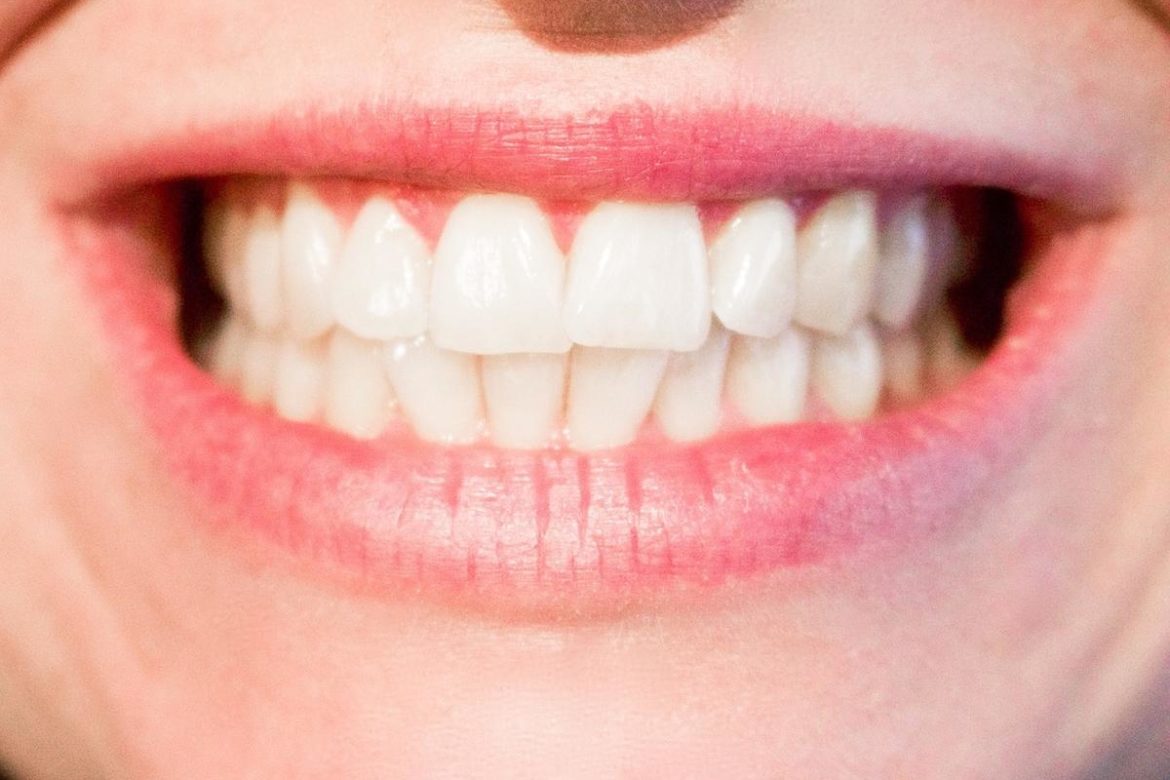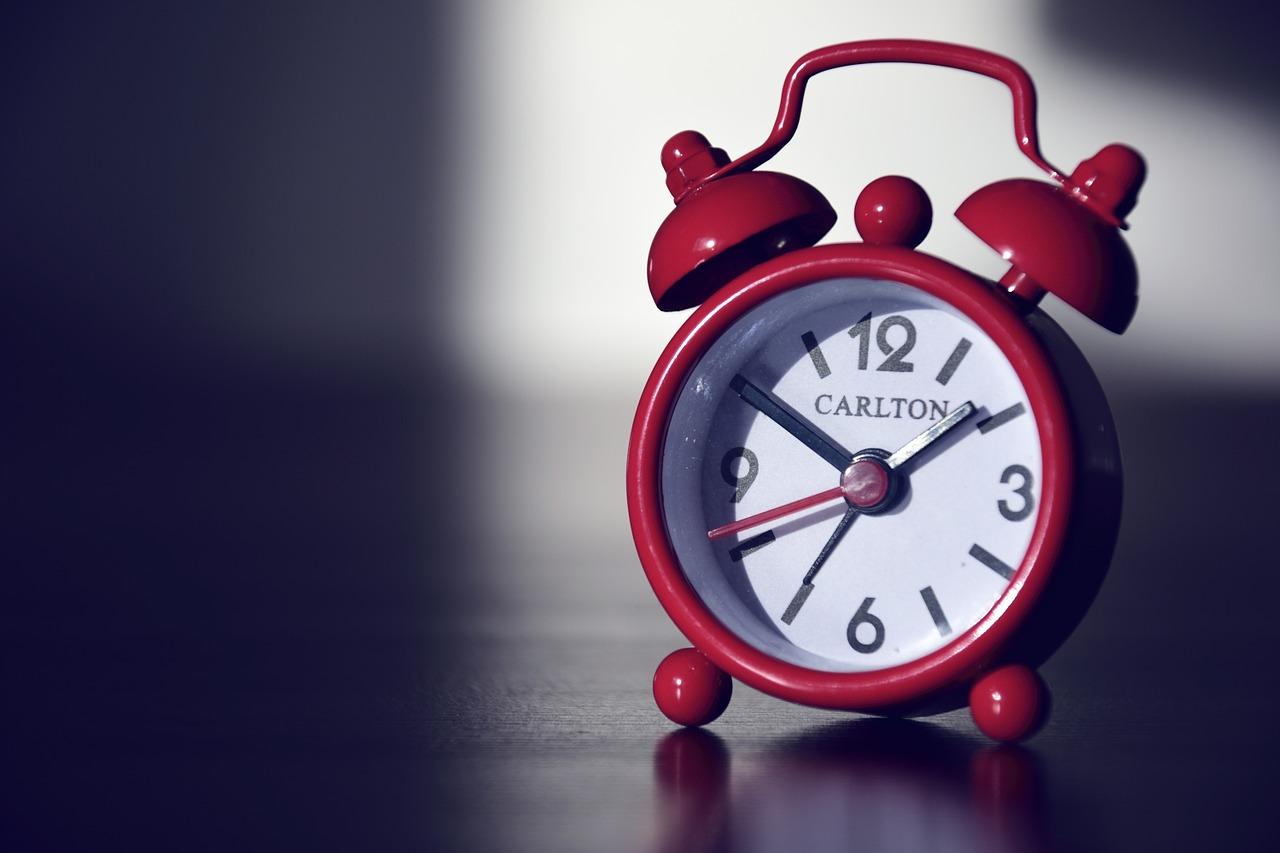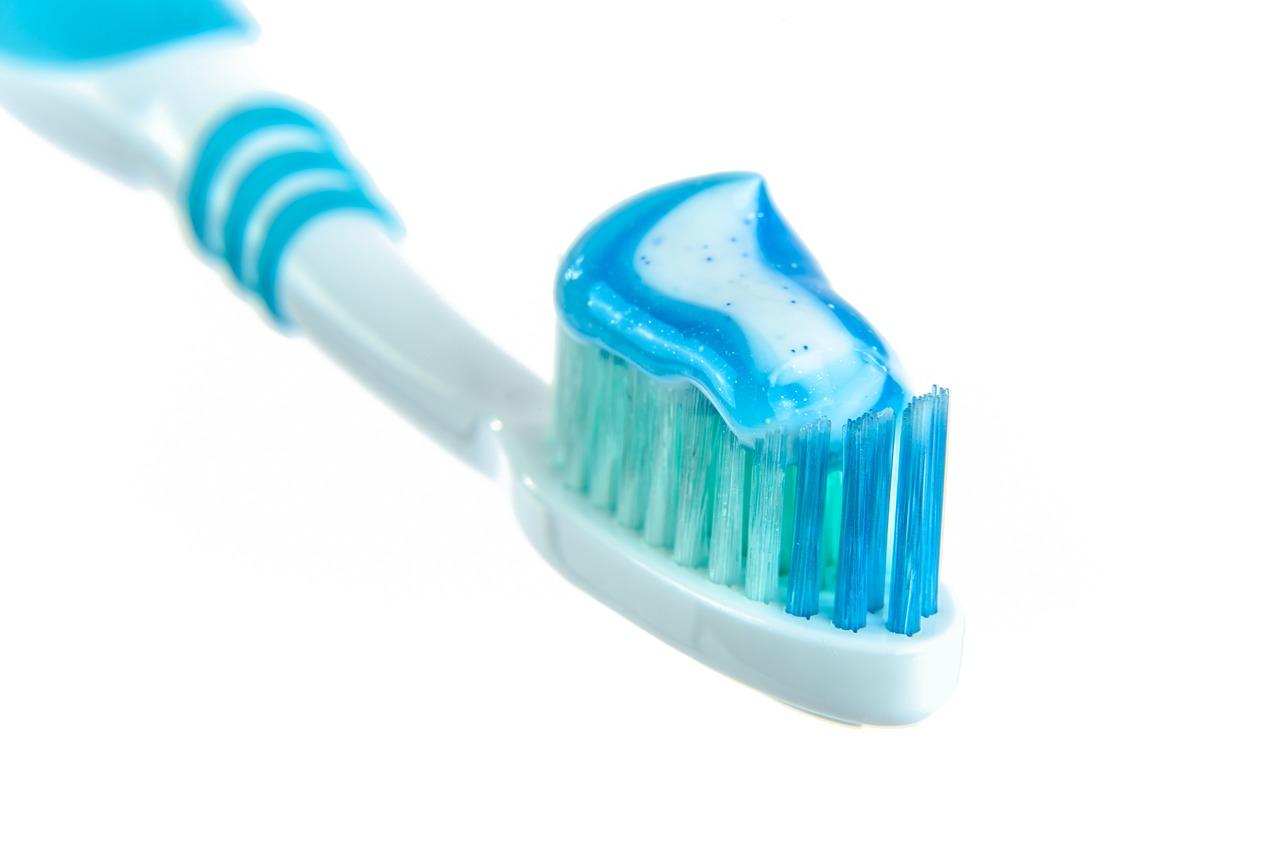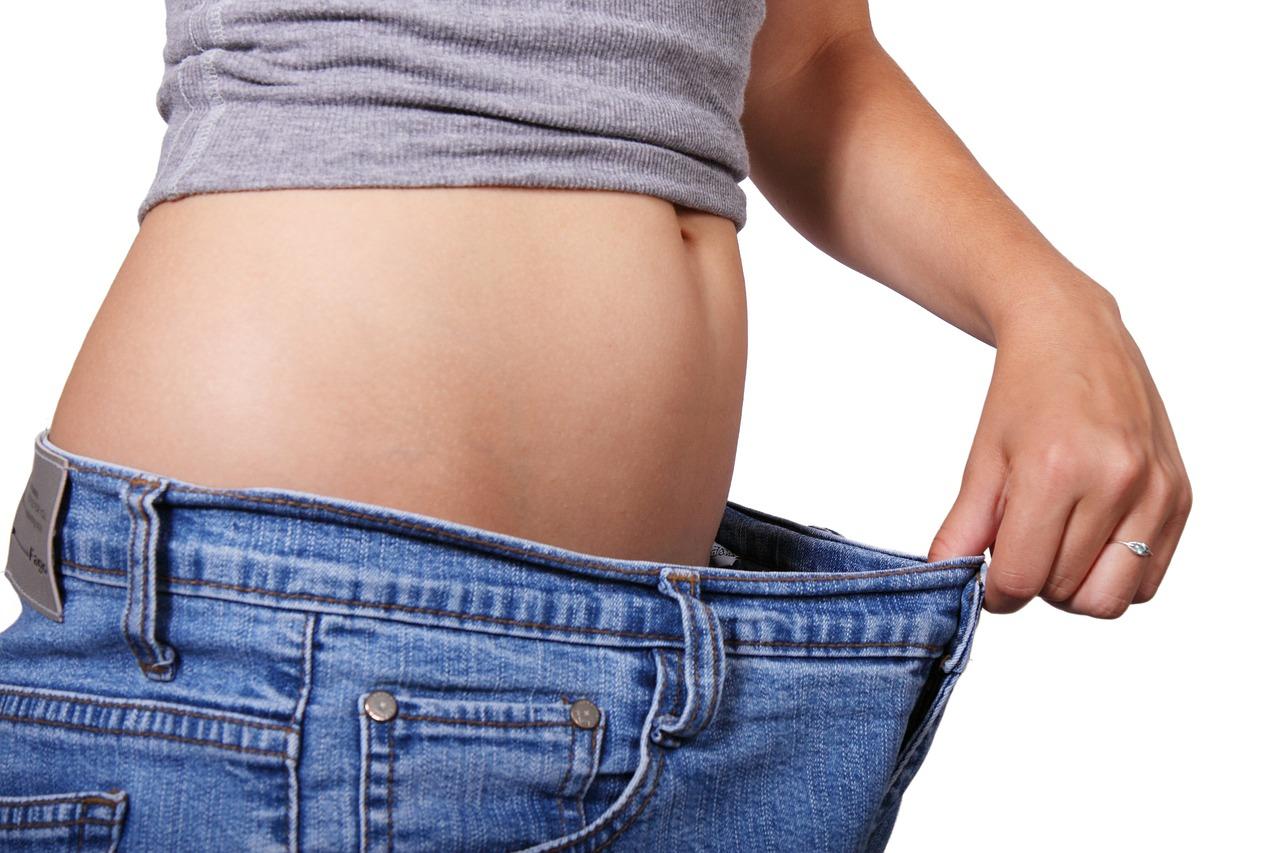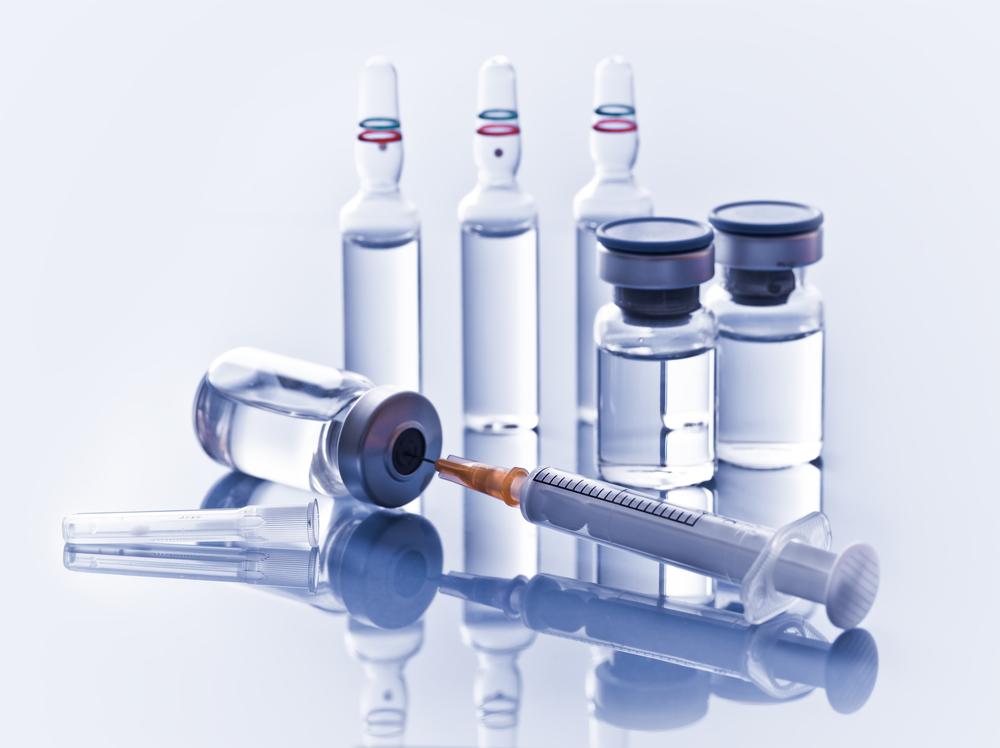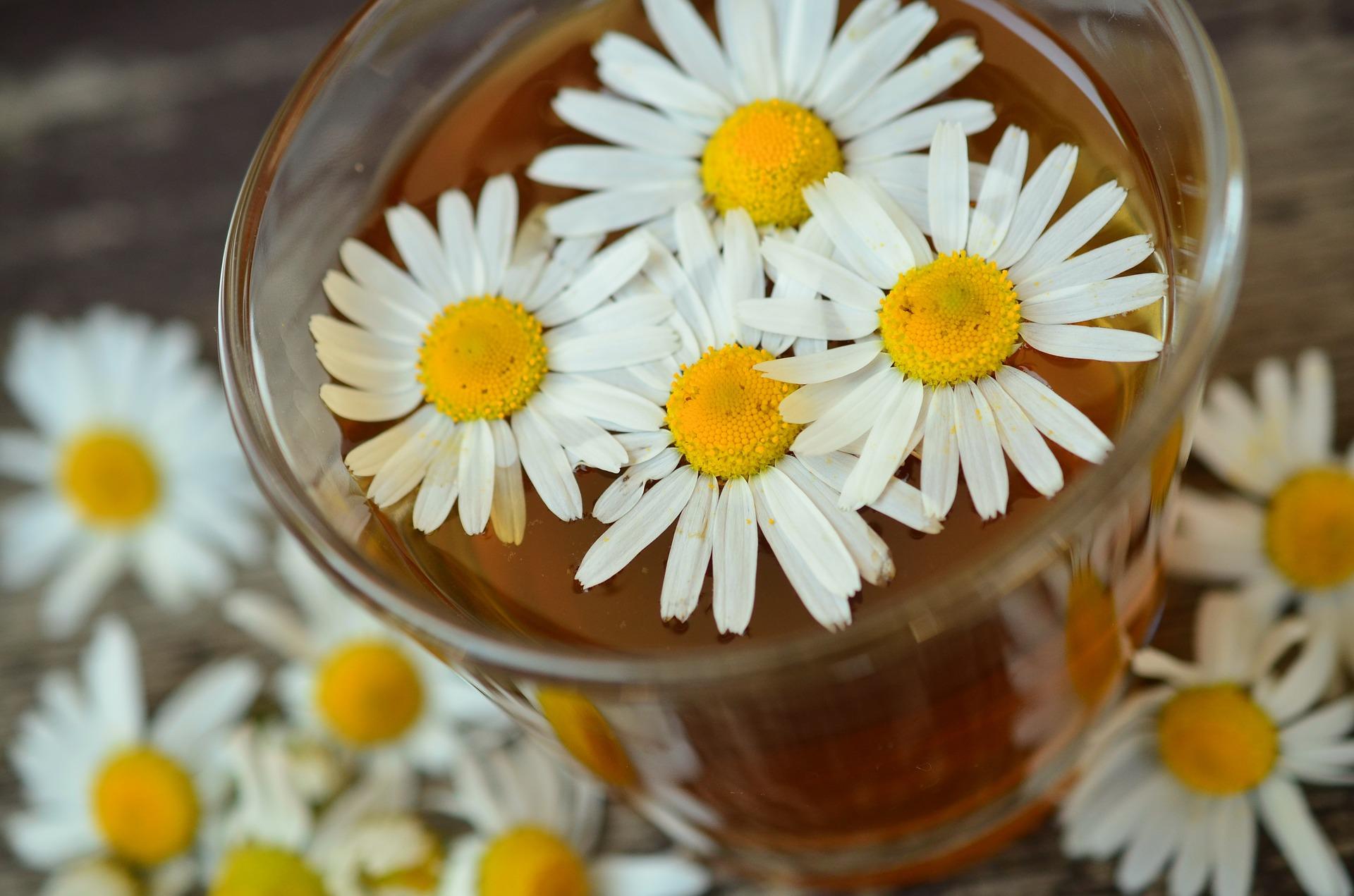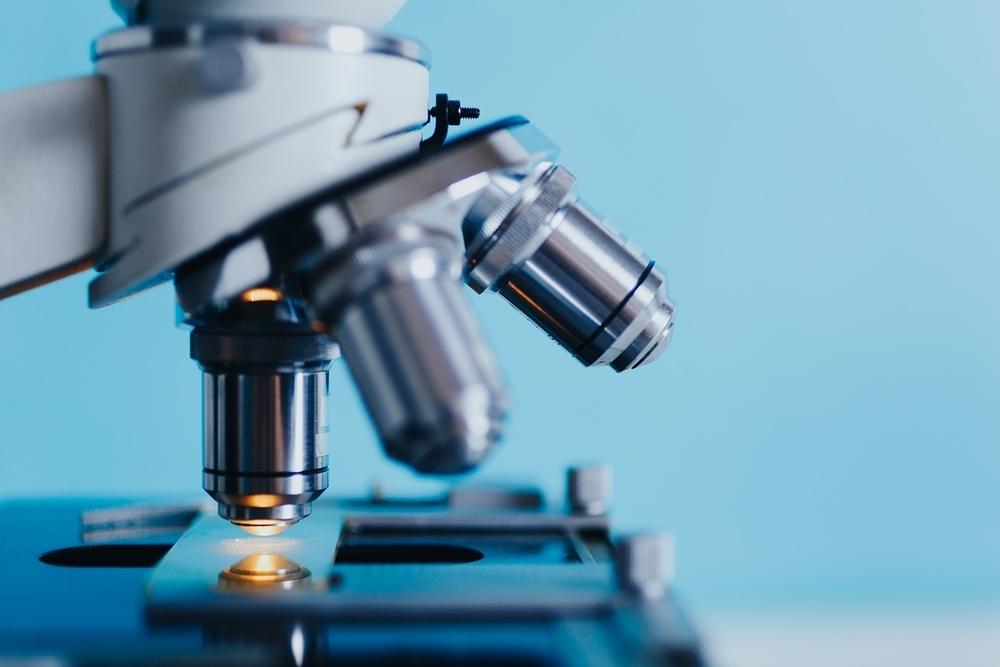The right amount of good, peaceful sleep is the foundation of a healthy lifestyle. Thanks to it, our circulatory and digestive systems work better, we learn easier, we are more concentrated and we smile more often. Sleep is also a great way to keep young and beautiful skin for a long time. People who are often sleepy can not only easily notice the characteristic signs of fatigue in the form of "bags" and bruises under the eyes, but also appearing much earlier than those who care about sleep, signs of aging. The right amount of sleep is not everything, however, so that it is healthy, you also need to ensure its proper hygiene. Here are 8 things that can negatively affect sleep.
1. Blue light
Blue light emitted by our smartphones, tablets, computer monitors, TV sets or very fashionable LED lighting, which due to its energy saving often becomes not only an element of lighting, but also a decoration of our apartments. Unfortunately, this kind of light is deadly to our sleep. It is a signal for the brain that the day is getting up and intensive work should be started. It also, like no other, limits the production of melatonin, without which healthy sleep is simply impossible. Therefore, if you have trouble falling asleep, your sleep is too short and you often wake up in the middle of the night, it is worth paying attention to what your life looks like an hour before going to bed. If you give up watching TV at this time, turn off computers and tablets, put smartphones aside and turn off modern LED lighting, you will see that the quality of your sleep will improve significantly and with it your health, beauty and well-being.

2. Chocolate
Chocolate is also hot, which we often drink on a cold winter evening, wrapped in a soft warm blanket, although it seems to be the best thing that could soothe us after a busy day, it can effectively make us fall asleep. Cocoa contains theobromine and caffeine, which stimulates our body, thanks to which our heart is stimulated to work, and properly nourished and oxygenated body gains energy. That is why desserts and chocolate drinks are better left after dessert, in the evening they can disrupt the circadian rhythm of our body and make it difficult to fall asleep.
3. Spicy and greasy
Eating heavy, greasy and spicy meals just before bedtime can cause that even the proverbial counting of rams will not help us fall asleep. Spicy foods increase body temperature and increase pressure, and can also be a reason for heartburn and indigestion. Fat, on the other hand, causes bloating and makes us feel heavy and uncomfortable in our own body. No wonder then that after such a dinner it will be difficult for us to fall asleep. We must also remember that metabolism during sleep significantly slows down and it will be very difficult for us to deal with a fatty, heavy or spicy meal. Digestive problems can awake us from sleep and make it difficult to fall asleep again, as a result in the morning we will feel very tired. So choose supper meals for dinners and remember that you should not eat immediately before bedtime, our body needs about 2-3 hours to digest a meal and it will be better if you do it before you go to bed.
4. Alcohol
Alcohol, although it seems to be a drink that makes it easier to fall asleep, can effectively disturb our sleep and make us wake up tired instead of resting. Alcohol disturbs the sleep phase, so after drinking it, we often wake up at night and it is difficult for us to fall asleep again. It is also alcohol that is responsible for shortening our sleep, which is why after a splashing party we often wake up early in the morning despite tremendous fatigue. So it's better to give up your evening drink and get a good night's sleep.
5. Stress
Stress is one of the main causes of insomnia. When emotions take over in our body, large amounts of adrenaline, norepinephrine and cortisol are produced, blood pressure increases, heart speeds up, glucose increases, our body is mobilized and fully prepared for fighting, which, as you can hardly guess, there is nothing in common with healthy, peaceful sleep. Therefore, before going to bed all problems, emotions and worries should be put aside and although it can be difficult to properly relax and calm down. Let's go for a walk, listen to music, let us have a relaxing bath, or let's talk about something nice with our loved ones, it will certainly allow us to have a healthy and good sleep.
6. Too cold and too warm
If your bedroom is too warm or too cold, you will certainly not sleep well. Inadequate air temperature, especially in rooms where we sleep, is the cause of insomnia. The problem may be falling asleep, waking up frequently at night, or very short sleep. During sleep, our body temperature naturally decreases, so if the bedroom is too cold or too warm, the sleep rhythm will be disturbed by trying to adapt our body to the conditions around it and maintain its optimal temperature. The temperature in the bedroom should be tailored to your individual needs as much as possible, but it should not be below 18 ° C or above 21 ° C. A few minutes before bedtime, it is also good to open the window and let in some fresh air.
7. Coffee and tea
Both coffee and tea contain substances that stimulate our body and effectively make it difficult to fall asleep (caffeine and theine). Therefore, a few hours before bedtime it is better to give them up, instead, you can drink herbal tea such as lemon balm or chamomile or just water. Also remember not to overdo it with drinks just before bedtime, thus reducing the risk of waking up at night to use the toilet.
8. Exercises
Physical activity is very important for both our health and beauty, but it's better to give up intensive training just before bedtime. Warmed up and stimulated to work, the body will need more time to calm down, which will certainly make it difficult for us to fall asleep, while fatigue will disturb sleep phases, causing frequent waking up at night. Such exercises are best done at least two hours before bedtime, then you can opt for relaxation exercises that will not burden your body.
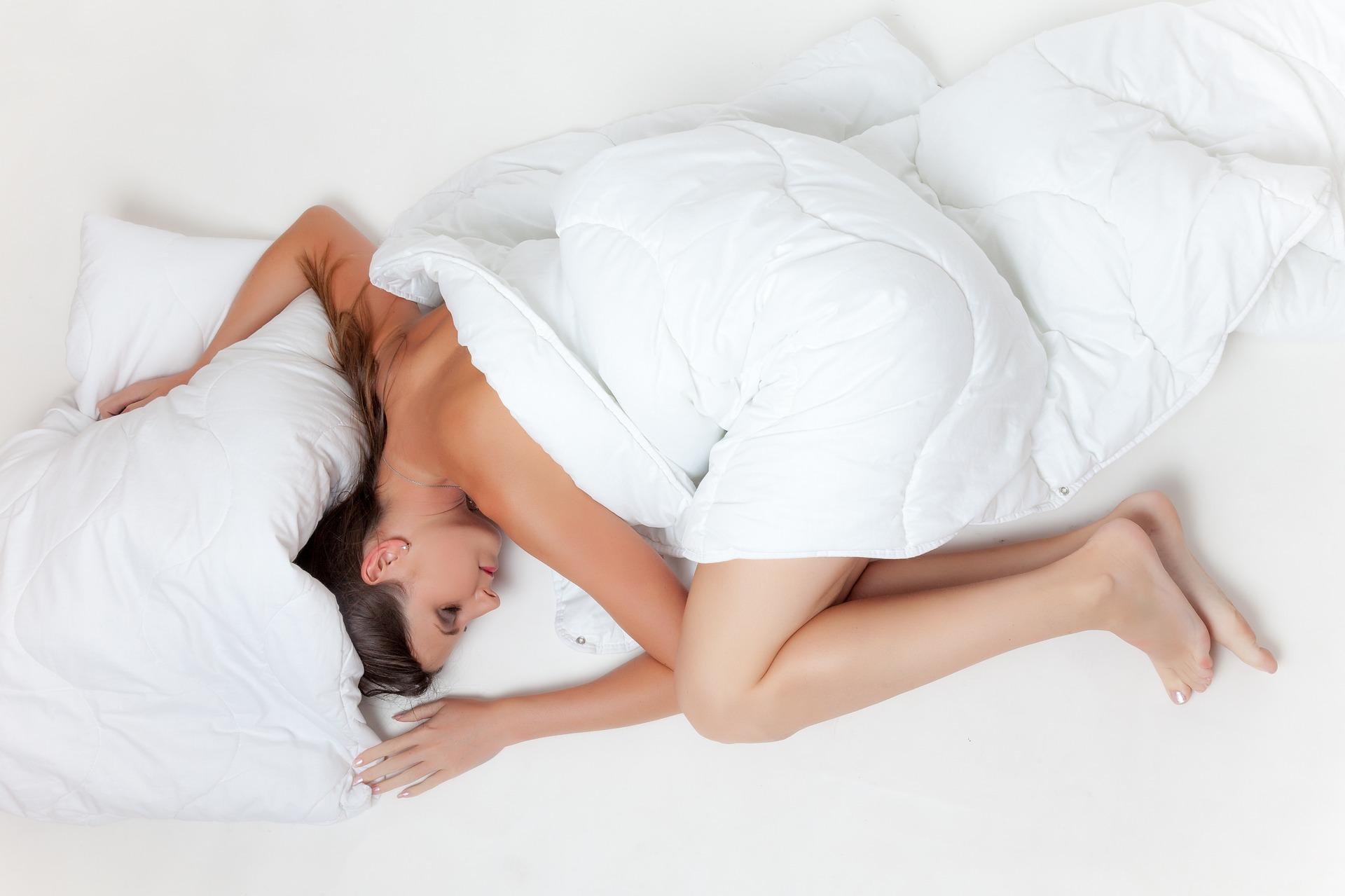
Sleep is something very important to us, strengthens our body, supports it in the fight against diseases and cares for our beauty better than popular cosmetics. So let's give up things that can disturb him and get a good night's sleep.


